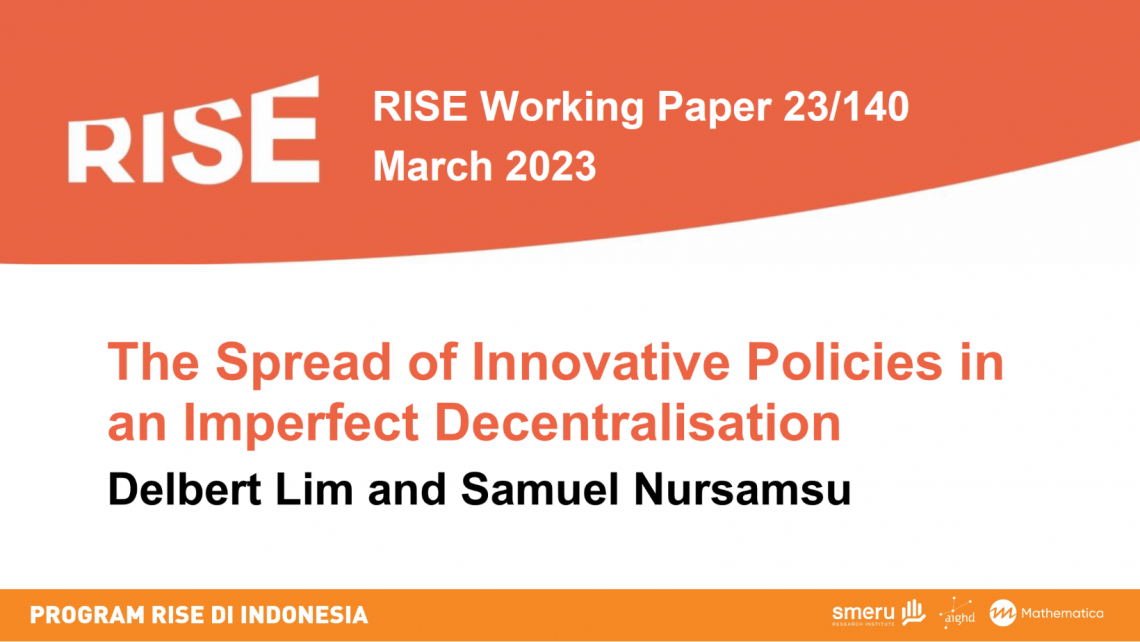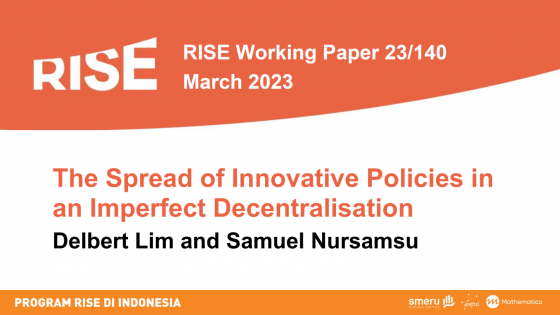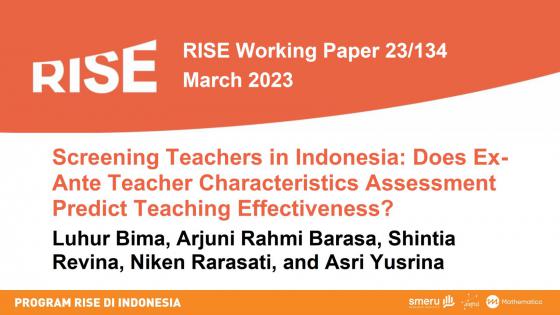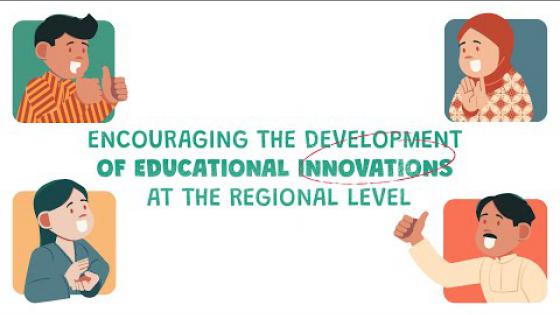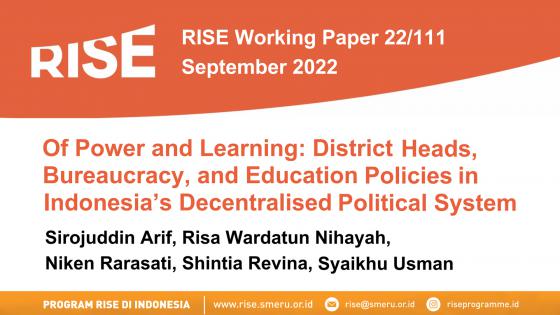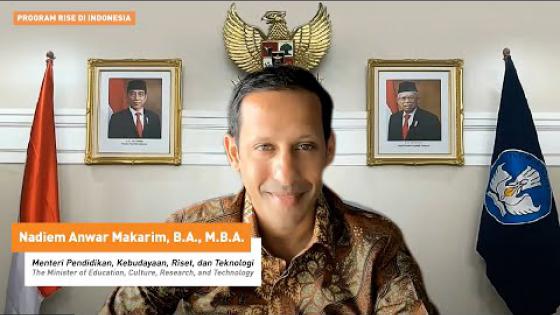This paper aims to analyse the mechanisms of policy diffusion in the context of the decentralised education system in Indonesia. The country rapidly decentralised its government in 2000, transferring responsibilities to more than 341 districts and municipalities, bypassing the provincial governments. By 2022, the number of districts and municipalities increased to 514.
The education system is a suitable platform for our analysis for two main reasons. First, local education offices are exceptionally active in implementing local-level policies. In a 2017 survey conducted by the RISE Indonesia team, we found 137 policies across 63 districts. Second, measures on outcomes related to the education system is commonly found in large-scale national surveys, allowing us to construct a comprehensive data set. It is also evident that the issues present in decentralisation also exists in the implementation of education policies in Indonesia. Local government has made little to no adjustment on the design of local curriculum contents even though the central government has fully delegated the task to local governments (Bjork, 2003).
.
This is one of a series of working papers from RISE—the large-scale education systems research programme supported by the UK’s Department for International Development (DFID), Australia’s Department of Foreign Affairs and Trade (DFAT), and Bill & Melinda Gates Foundation.

